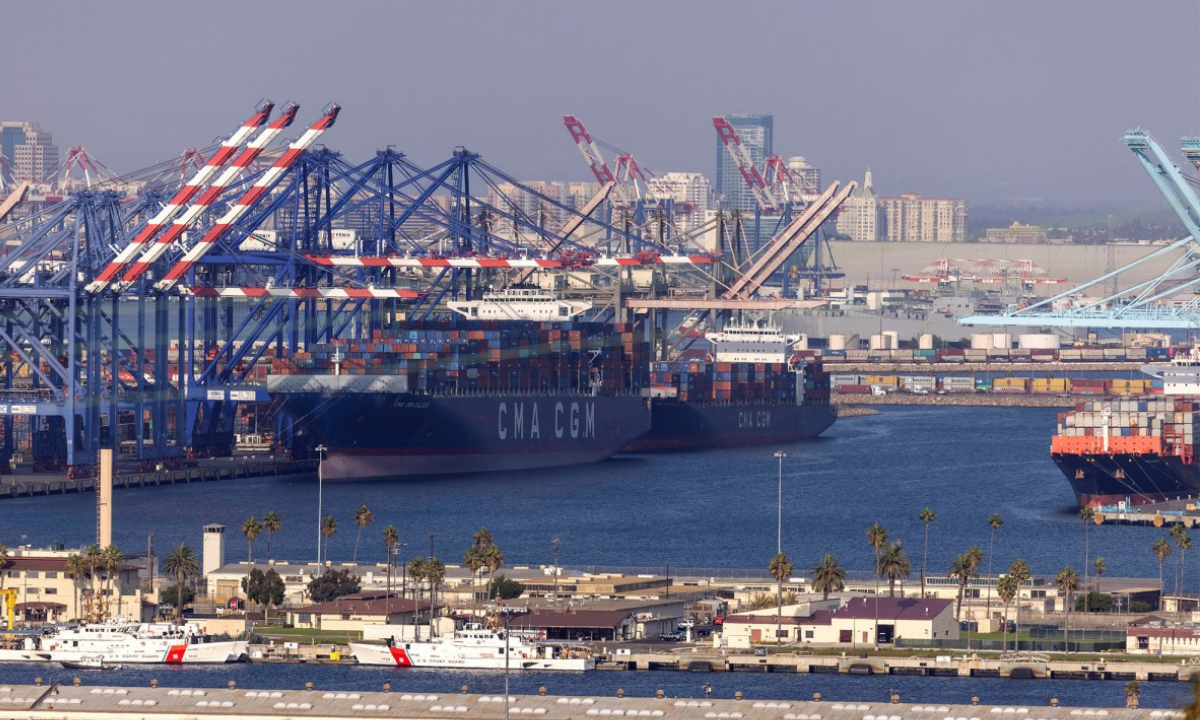Written by Amanda Angulo
Problems with the global supply chain have caused a huge backup at the ports of Southern California. The main cause has been the pandemic, as the lockdowns and labor shortages have had a heavy influence in the supply chain and shortages to thousands of products.
However, this is not just a state issue, but a national one. 40% of all goods shipped to the U.S comes in by water to the ports of Los Angeles and Long Beach.
It started in the early pandemic and lockdowns, when factories shut down. This resulted in a reduction in production of items and goods, because people assumed that consumers wouldn’t spend a lot of money during the time of pandemic. However, they did. This then led to warehouses struggling to hire workers because people on unemployment were making more than what they usually make. It’s an issue of supply and demand.
After legislators spoke with experts this week, Democratic Assembly Patrick O’Donnell stated that “the simple answer to this crisis is that people stop buying stuff, but that’s not going to happen.”
President Biden announced on October 13 that the Port of LA would operate around the clock, after the Port of Long Beach decided to extend their hours. A week later, Newsom signed an executive order (an action he is far too familiar with) to direct state agencies to look for land to use as a temporary storage.
The temporary land storage will have containers, stacked four high, because companies will be fined for leaving containers at the ports for too long. However, why do Democrats continue to scramble for a temporary solution when they can suspend laws and regulations that hurt truckers?
For example, a coalition of business groups sent Gov. Newsom a letter, requesting that he suspends regulations and laws in order to help resolve the issue with the supply chain. A few of their proposals were the suspension of environmental and pollution laws, landmark worker status laws, and a law requiring warehouses to disclose to workers any quota or work speed standards. Right now the second law does not cover truck drivers.
Photo Cred: REUTERS/Mike Blake




